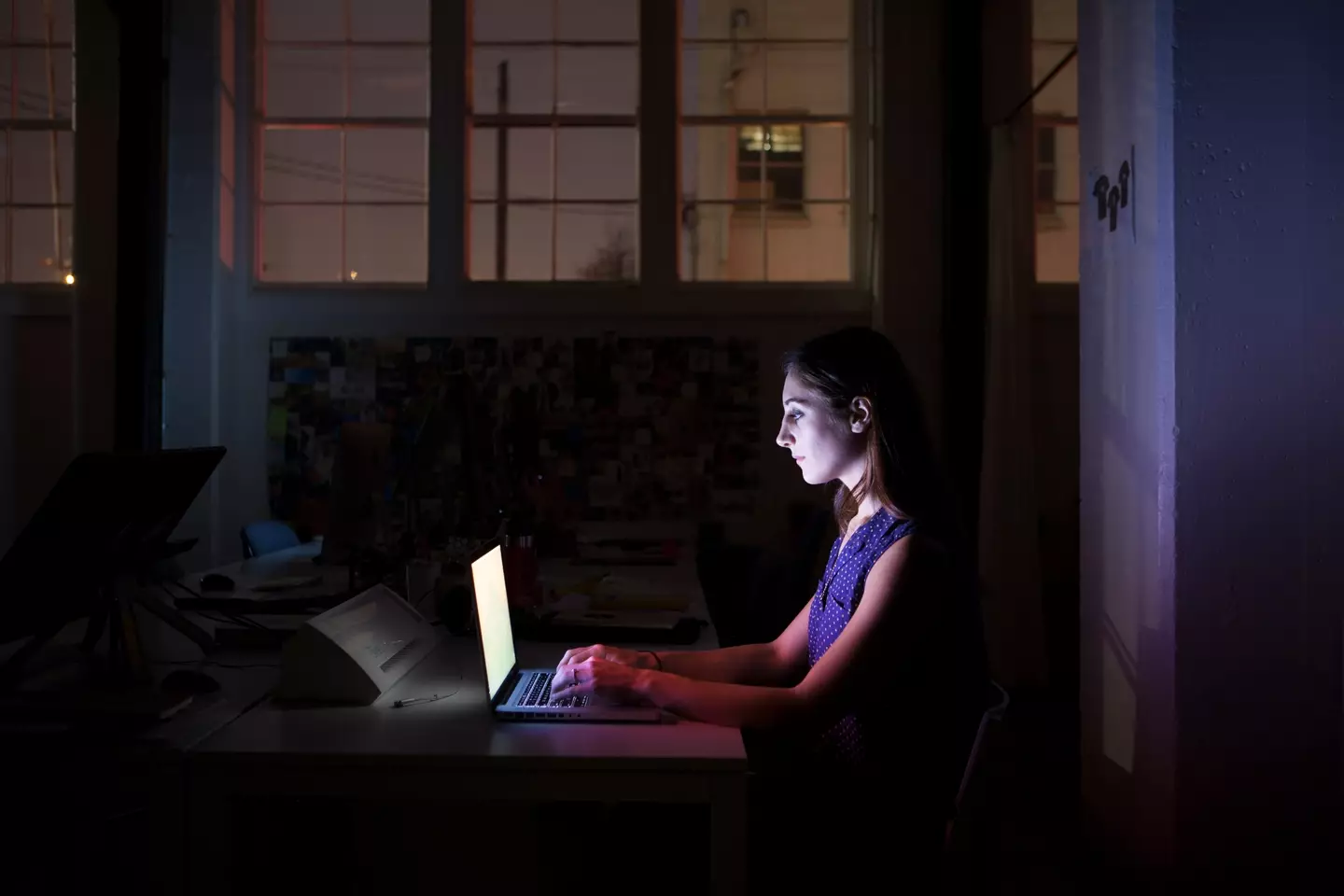Everyone has their own way of winding down at night, but some of our nighttime habits might be damaging our sleep quality.
Health professionals suggest aiming for seven to nine hours of sleep each night.
Accomplishing this goal isn’t always straightforward.
From demanding jobs to restless children, many factors can interfere with our ability to sleep well. It’s safe to say that often, we’re not getting the rest we need.
Although you can’t simply abandon your job or responsibilities, there are some straightforward changes you can make before bedtime to improve your sleep.
One popular sleep strategy, known as the ’10-3-2-1-0′ method, outlines specific activities to avoid as bedtime approaches to help you unwind and achieve better sleep.
According to experts, it’s best to stop consuming caffeine 10 hours before you plan to sleep.
Caffeine can affect you within 15 minutes, but it can linger in your system for up to ten hours, as explained by WebMD.
“About six hours after you consume caffeine, half of it is still in your body,” states WebMD.
“Caffeine may not completely clear your bloodstream until after 10 hours.”
Caffeine is not just found in tea and coffee; it’s also present in energy drinks and certain sodas.

For those who enjoy late-night snacks, it is recommended to avoid eating three hours before bed.
Fried foods, high-fat or acidic foods, and spicy dishes could disturb your sleep, causing issues like stomach upset, heartburn, and acid reflux, according to New York Post.
If you like to unwind with a drink, consider swapping your usual glass of wine for a peppermint tea, as it’s suggested to avoid alcohol three hours before bed too.
While alcohol might make falling asleep easier, the Sleep Foundation warns that ‘it ultimately compromises sleep quality and quantity by causing sleep disruptions later in the night’.
Two hours prior to bedtime, it’s important to distance yourself from work-related activities. This helps create a boundary between work and rest.
Most work involves screen exposure, which can keep the brain active and make it harder to sleep.

If you find it challenging to avoid work during this time, try noting your thoughts on paper to reduce screen usage.
In the hour leading up to sleep, keep away from electronic devices that emit blue light, as it can inhibit the production of melatonin, the hormone responsible for sleep.
Studies indicate that blue light can disrupt circadian rhythms, causing delays in sleep, making it counterproductive for restful sleep.
You might think hitting the snooze button offers more rest, but it’s not beneficial over time.
A 2022 study showed that individuals who used the snooze function slept less and experienced more sleep disturbances.
Snoozers also exhibited higher resting heart rates and experienced lighter sleep before waking.

